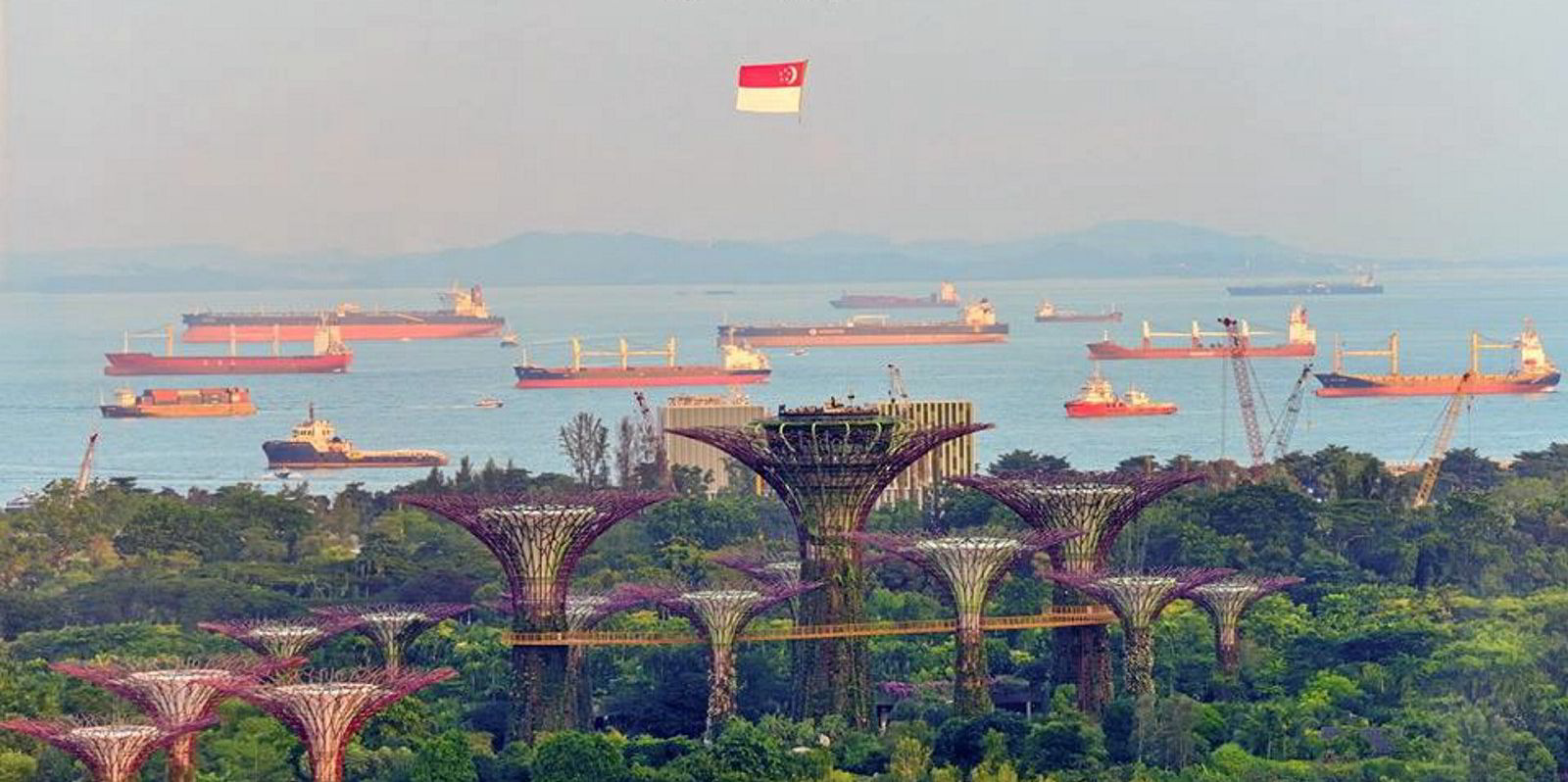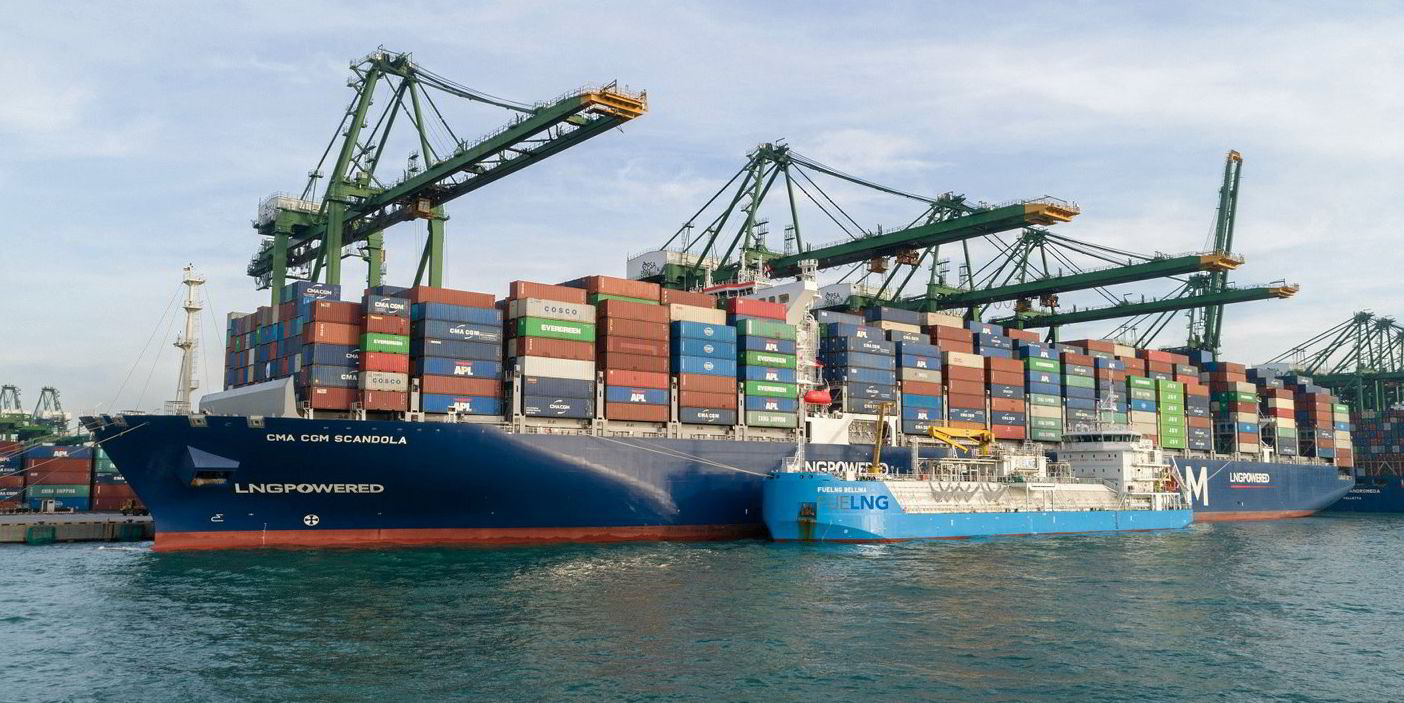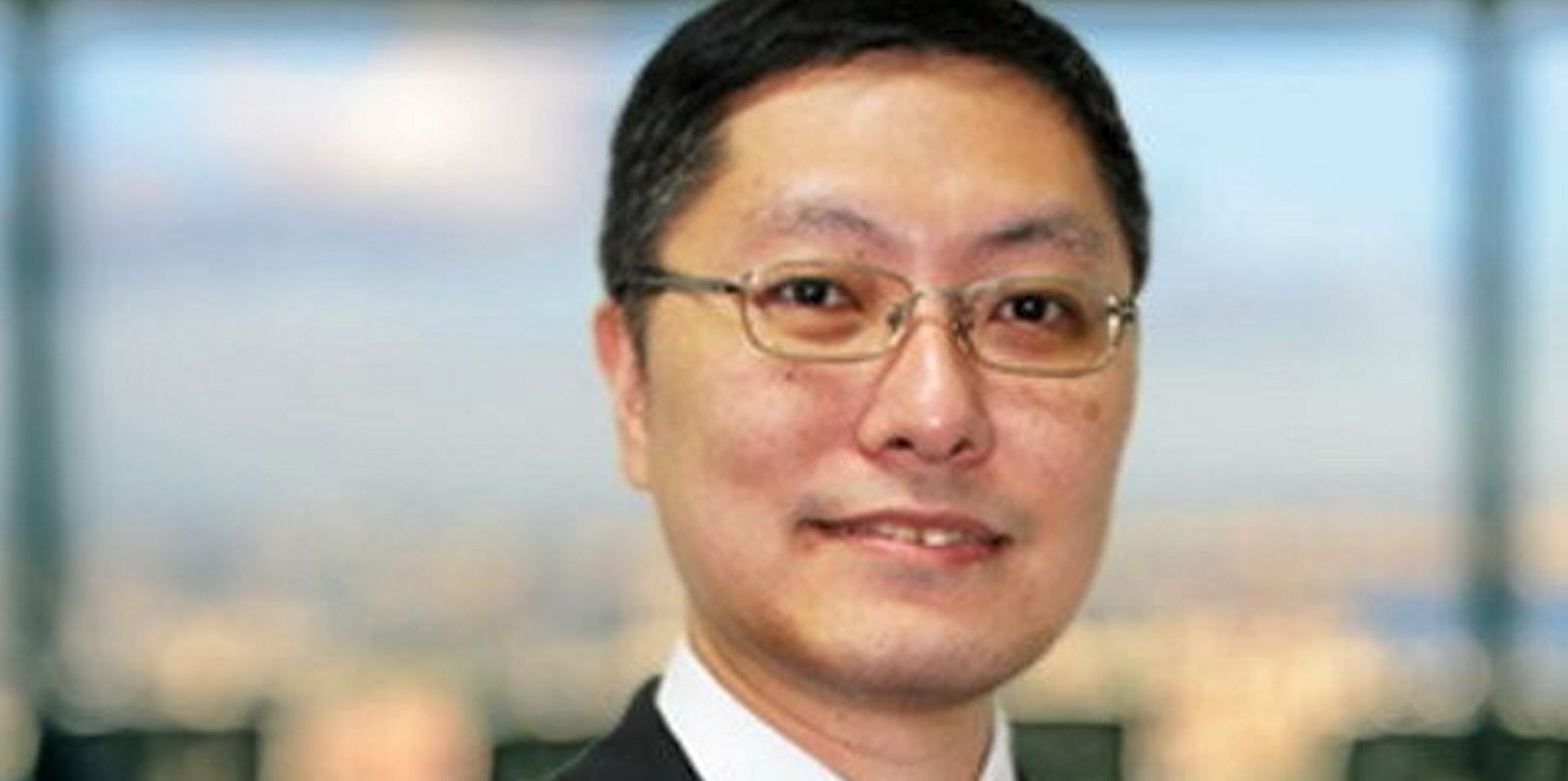Singapore is to require that all harbour craft built from 2030 onwards be fossil-fuel free as part of its bid to achieve net zero emissions by 2050.
Vessels built after that date must either be fully electric, be capable of using B100 biofuels or be compatible with net zero fuels such as hydrogen.
Currently, about 1,600 harbour craft ply Singapore waters, many of them servicing larger vessels moored in the city-state’s numerous anchorages.
The directive was recently announced by the Singapore minister for transport S Iswaran at his ministry’s committee of supply debate.
Maritime & Port Authority of Singapore (MPA) will partner with industry, financial institutions, harbour craft operators and manufacturers to help lower the cost of adoption and mobilise support for early adopters, Iswaran said.
The MPA will also launch an expression of interest in the second quarter of this year, calling for proposals for the design and development, demand aggregation and green financing for new electric harbour craft.
With regard to the pleasure craft sector and domestic tugs, Iswaran said they will also be required to achieve net zero emissions by 2050.
“The MPA is studying the timelines for the transition, given their different power requirements, and will provide an update next year,” he said.
To help the industry meet the 2030 requirement, the MPA said it encourages the industry to consult early with the authority on shipowners’ various harbour craft designs.
The consultation process will be a compulsory requirement from 2027, the maritime regulator added.
The MPA said it has begun a study with research institutes to study the locations of charging infrastructure and the electrical power required to support electric vessels plying Singapore’s domestic waters.
Findings from the study are expected to be released next year to develop a charging infrastructure implementation master plan by 2025.
In the meantime, the MPA said it is working with terminal and harbour craft operators to pilot the implementation of charging stations.
The first of these pilot charging stations will be deployed by Shell at the Shell Energy and Chemicals Park on Pulau Bukom by the second quarter of 2023.
Shell and homegrown shipbuilder Penguin International will be commissioning their first fully electric ferry and rapid shore chargers, scheduled for operational deployment this year.
To prepare Singapore for a multi-fuel bunkering future, the MPA has developed the world’s first marine biofuel provisional standard in consultation with the industry and researchers for biofuel blends of up to 50%, or B50.
“This standard will be updated progressively as trials for biofuel blends of up to 100%, or B100, are carried out and is expected to be completed by 2025,” it added.
Singapore’s Maritime Energy & Sustainable Development Centre of Excellence will also be releasing the findings of its compatibility study on various biofuel types and percentage blends for our harbour crafts by the end of March.
Aside from biofuels, MPA is exploring the use of hydrogen and ammonia to support the decarbonisation of international shipping.
In December 2022, MPA and the Energy Market Authority launched an expression of interest (EOI) to build, own and operate low or zero-carbon ammonia power generation and bunkering solutions on Jurong Island. The EOI is open until the end of April.





